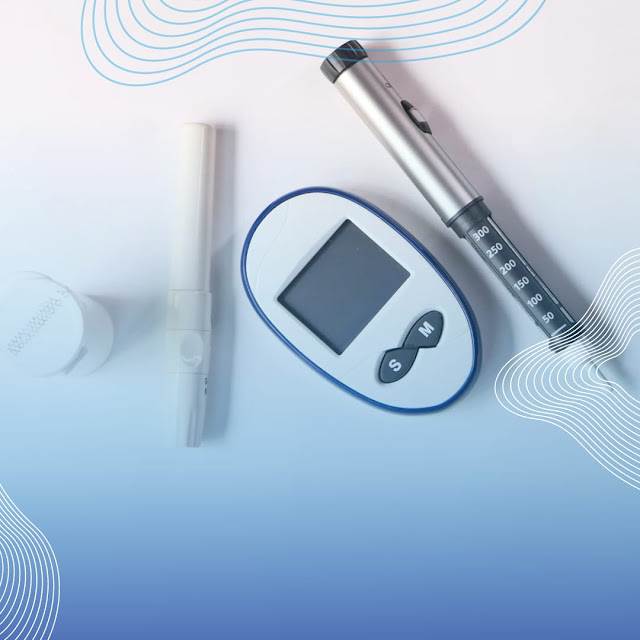Migraine Precautions

Migraine Precautions Migraine is a neurological condition characterized by severe, recurring headaches. While there is no cure for migraines, there are several precautions that people with migraines can take to reduce their frequency and intensity. Here are some migraine precautions: Identify and avoid triggers Migraine triggers can vary from person to person, but some common ones include stress, lack of sleep, certain foods, hormonal changes, and changes in weather. Keep a migraine diary to help identify your triggers and then take steps to avoid them. Maintain a regular sleep schedule Getting enough sleep is essential for preventing migraines. Try to maintain a regular sleep schedule, and avoid oversleeping or under sleeping. Eat a balanced diet Certain foods can trigger migraines, while others can help prevent them. Try to eat a balanced diet that includes plenty of fruits, vegetables, whole grains, and lean protein. Avoid foods that are high in sugar, caffeine, and artificial pre...


.jpeg)


.jpeg)


